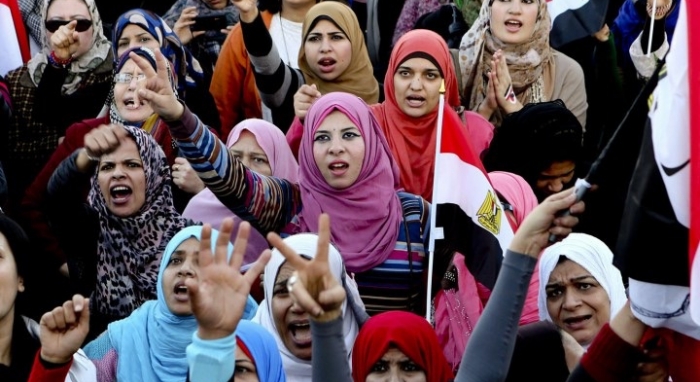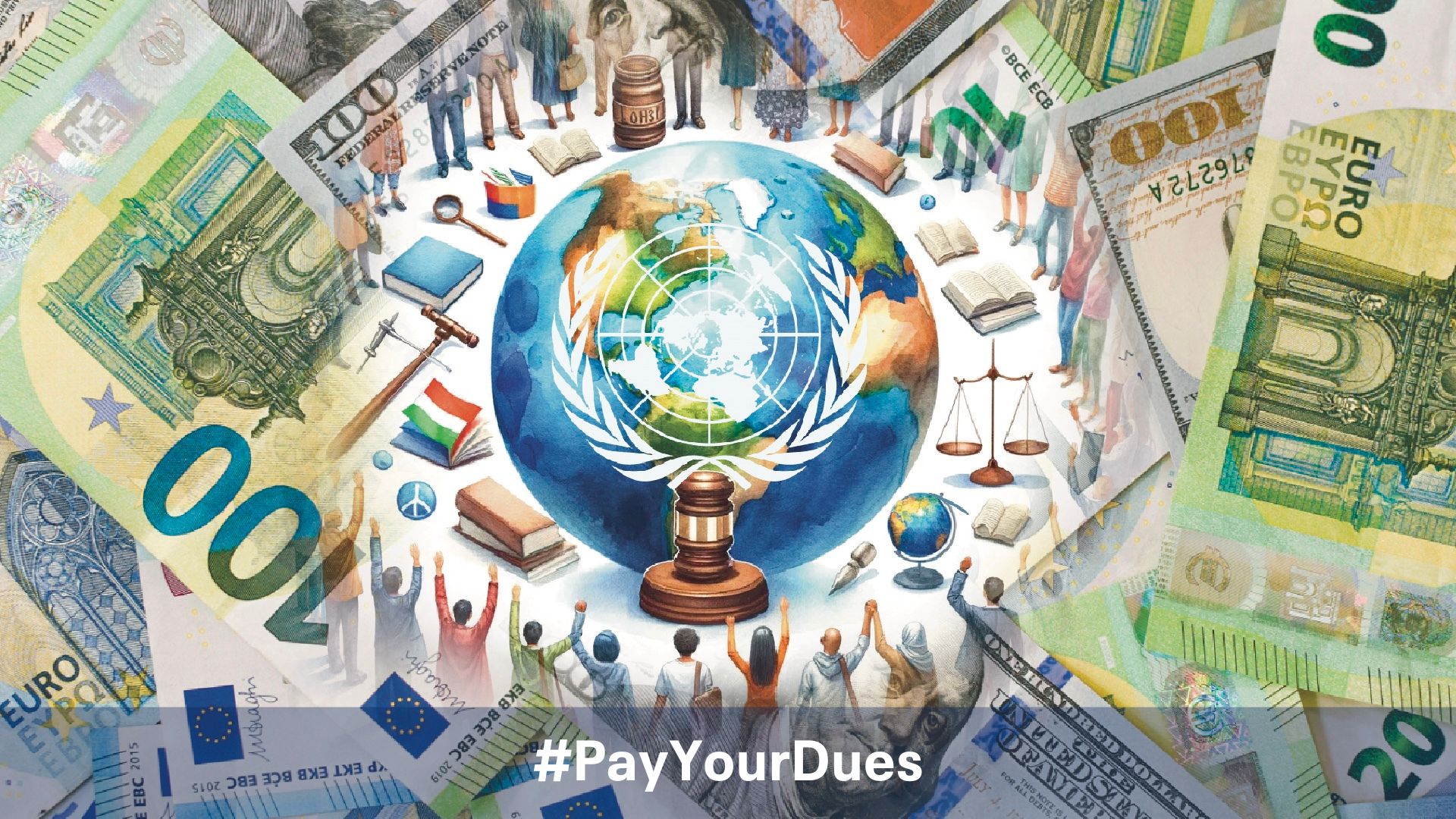In a letter addressed to the Consultative Group – five Ambassadors responsible for recommending shortlists of candidates for UN experts – ISHR, Amnesty International and four other NGOs have reiterated the criteria that should be at the heart of the selection of the next Special Rapporteur on freedom of peaceful assembly and association. Candidates have until 23 January 2018 to submit their applications for the position.
ISHR’s Training and Advocacy Support Manager Helen Nolan explains that the Special Rapporteurs have played a key role since 2010 in defending and promoting the right to freedom of assembly and association around the world.
‘With the power to report and advise countries on how to make these rights a reality – through country visits, responses to individual cases, and thematic reports – previous mandate holders have helped bring about real change on the ground,’ says Nolan.
The letter was sent as the Consultative Group is considering candidates for eight other Special Procedure mandate holders in the upcoming session of the 37th Human Rights Council. Expressing concern that for two of the positions there are only male candidates, and that not a single post has an equal number of male and female candidates, Nolan pointed to the need for greater gender diversity.
‘We hope that despite these statistics, the Consultative Group will ensure that their shortlists reflect the much wider diversity that exists in society,’ Nolan said. ‘This has been an ongoing problem, and it’s simply unacceptable in 2018.’
Looking at the specific characteristics necessary for a truly independent and expert Special Rapporteur on freedom of assembly and association, the letter identifies 4 priorities:
- qualifications and skills;
- relevant expertise
- established competence;
- and flexibility/ readiness and availability
At the core of all the criteria is independence. ‘Without this, the recommendations made by the expert may be put into question,’ explained Nolan. ‘Where it seems that there might be a conflict of interest, candidates must explain how they will deal with it to ensure that the Special Rapporteur and their recommendations cannot even be perceived to be biased,’ Nolan stated.
The criteria build on previous civil society efforts, including a generic checklist of requirements for all Special Procedures.
The full text of the letter is available here.
Photo credit: ISHR




